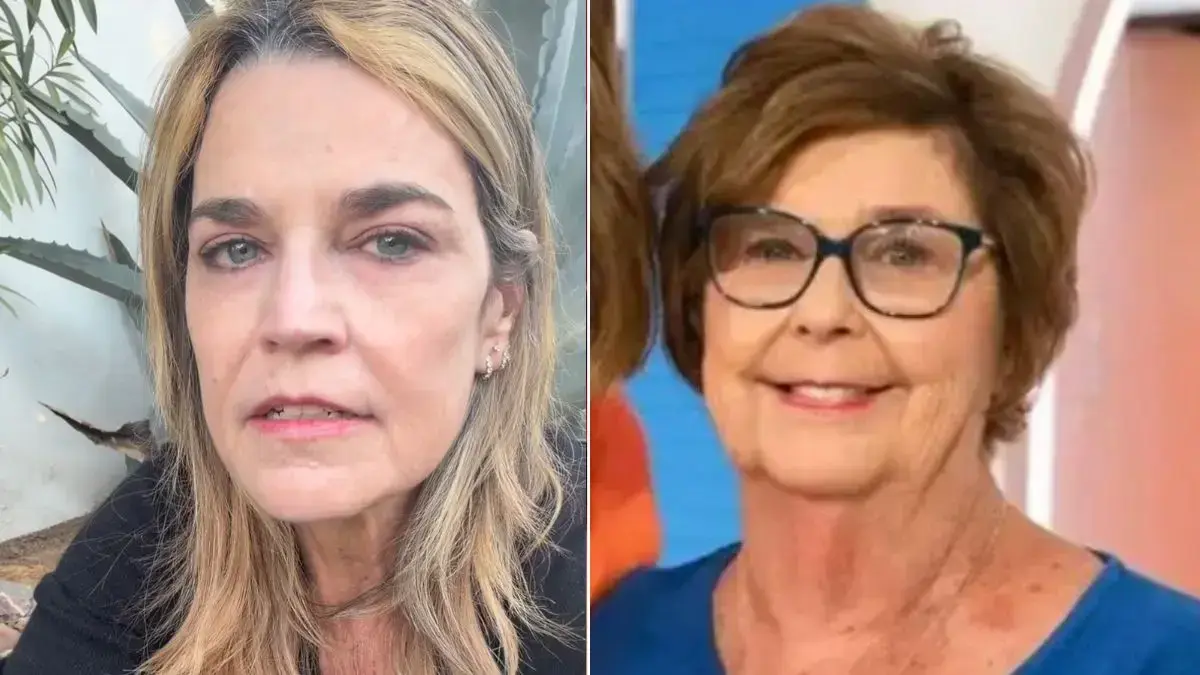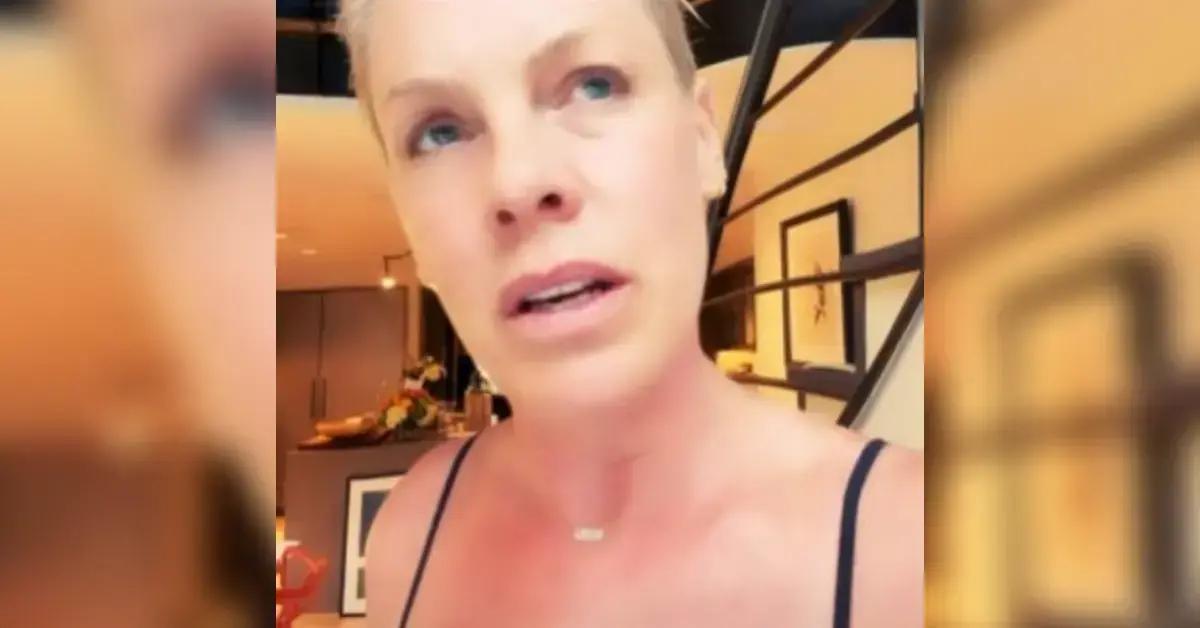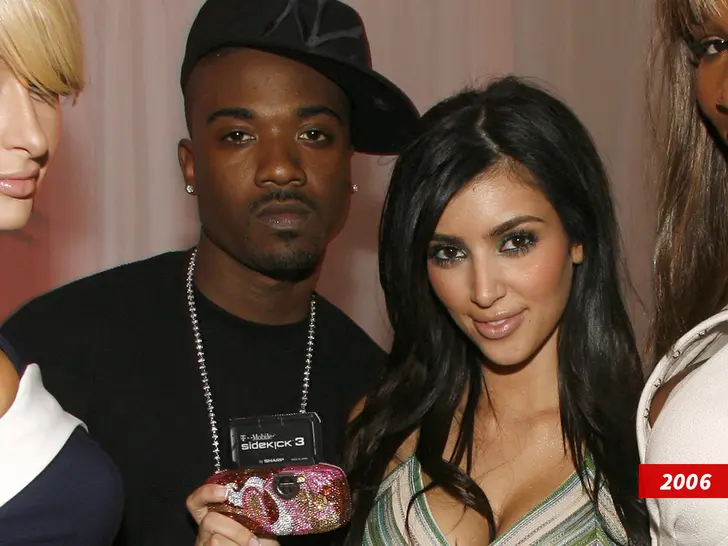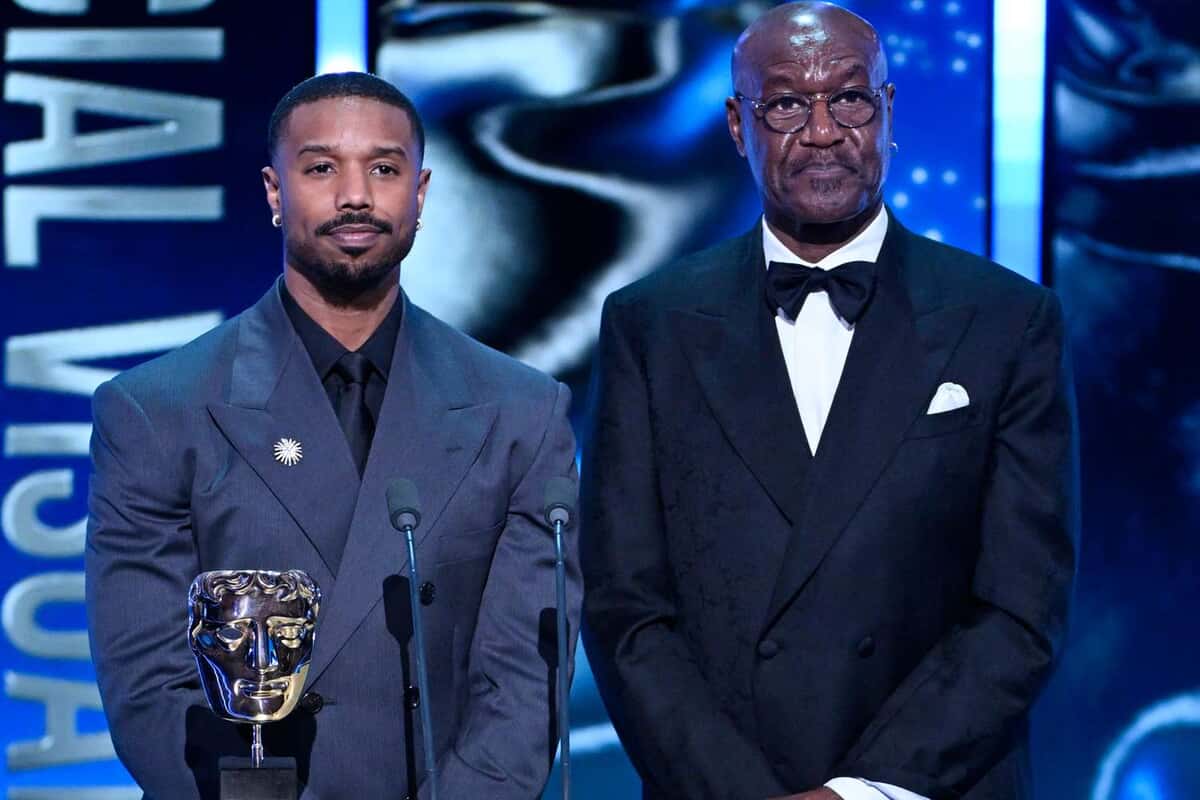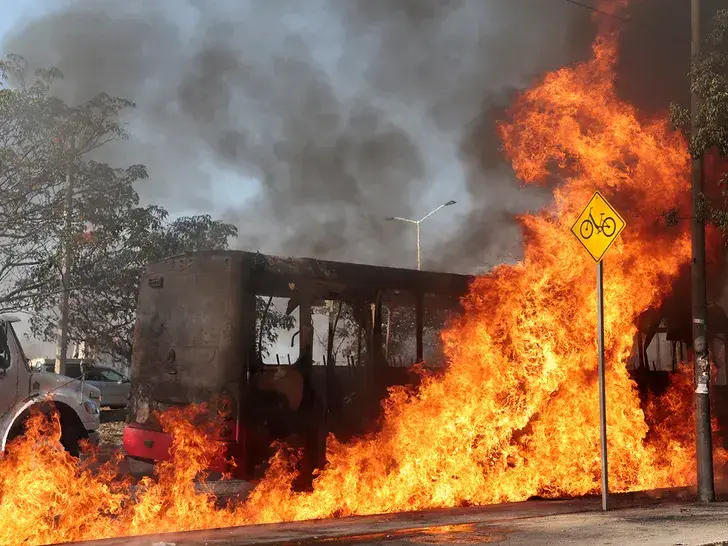BY: DM
Published 8 months ago
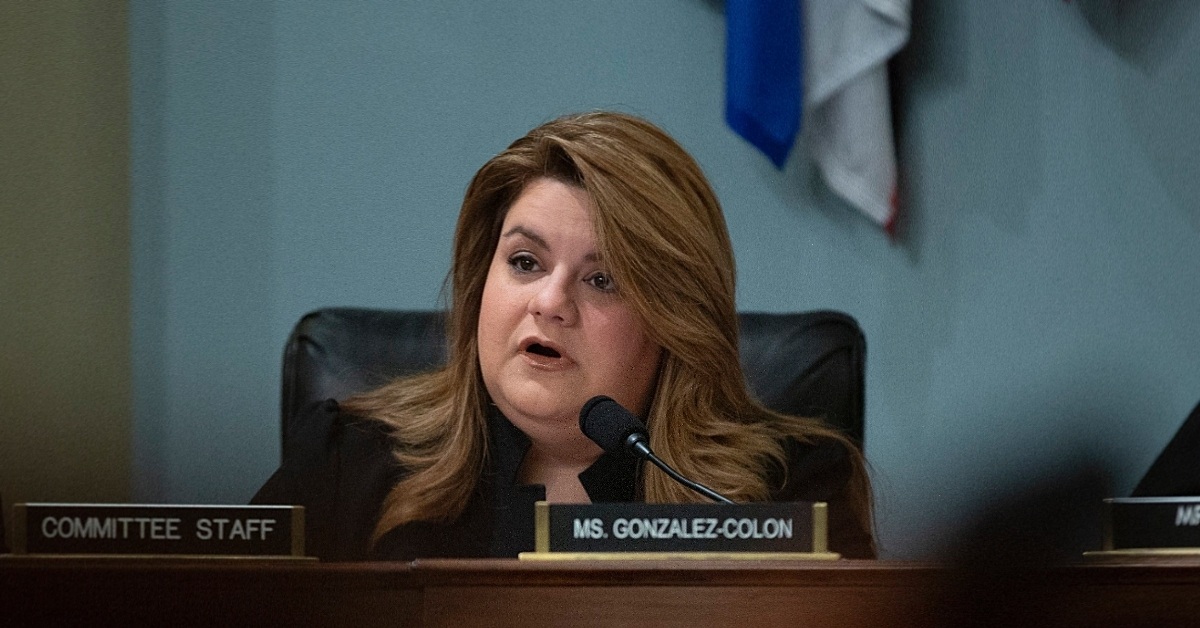
Puerto Rico’s Governor Jenniffer González-Colón signed Law 63-2025 on July 17. The law criminalizes gender-affirming health care for anyone under age 21, including hormone therapy, puberty blockers, and surgeries, according to the AP. González-Colón, a Republican aligned with the U.S. conservative movement, signed the ban into law despite objections from medical experts and LGBTQIA+ advocates. Here is a look at how the new law will impact the transgender community.
Doctors could face jail time for providing trans health care.

Puerto Rico’s new law is now the strictest trans health care restriction in the U.S. It criminalizes doctors who provide gender-affirming care to transgender youth and young adults. Under Law 63-2025, health providers are banned from prescribing puberty blockers, administering hormone therapy, or performing gender-affirming surgeries for anyone under 21. Violating the law can result in up to 15 years in prison, fines of up to $50,000, and the loss of medical licenses and permits, according to CBS News.
The law also prohibits the use of any public funds for gender transition care for minors. Unlike similar laws in U.S. states, Puerto Rico’s law applies to anyone under 21 — the legal age of adulthood on the island. That makes this ban the most restrictive in the nation.
González-Colón and her conservative allies defend the ban as a way to protect children’s health and safety. The law claims that minors lack the emotional and cognitive maturity to make decisions with “irreversible consequences.” It states that the government has a duty to ensure “their comprehensive well-being,” according to CBS News. González-Colón, a Trump-aligned Republican and head of Puerto Rico’s New Progressive Party, took office in January. Her push for this law reflects a broader conservative agenda sweeping across U.S. states.
LGBTQIA+ organizations and advocates are speaking out.

The response from Puerto Rico’s LGBTQIA+ community and allies has been loud. GLAAD and Puerto Rico’s Federación LGBTQ+ released a statement criticizing the new law. “Every person in Puerto Rico deserves to live free from discrimination and with access to essential healthcare,” the statement read. “Every major medical association supports healthcare for transgender people and youth. Banning this care and stripping the rights of parents to make the best medical decisions for their families would create unbearable burdens for the most marginalized in Puerto Rico.”
Prominent activists have directly criticized González-Colón. Pedro Julio Serrano, president of the Federación LGBTQ+, blasted the governor’s decision. “What a disgrace! Jenniffer González, through her actions, declares herself the most anti-equality governor in history,” Serrano told The Advocate. “She ignored her own Secretary of Health and the medical associations that support treatment for trans minors. By signing Senate Bill 350 into law, she has just endangered trans youth and their families and criminalized health professionals for doing their job.”
Meanwhile, local LGBTQIA+ groups are rallying to support trans youth through this trauma. After the law was signed, queer nonprofits and community centers took to social media to reassure transgender Puerto Ricans they are not alone.
Do you think similar bans could spread to other U.S. states or territories? Comment below!

